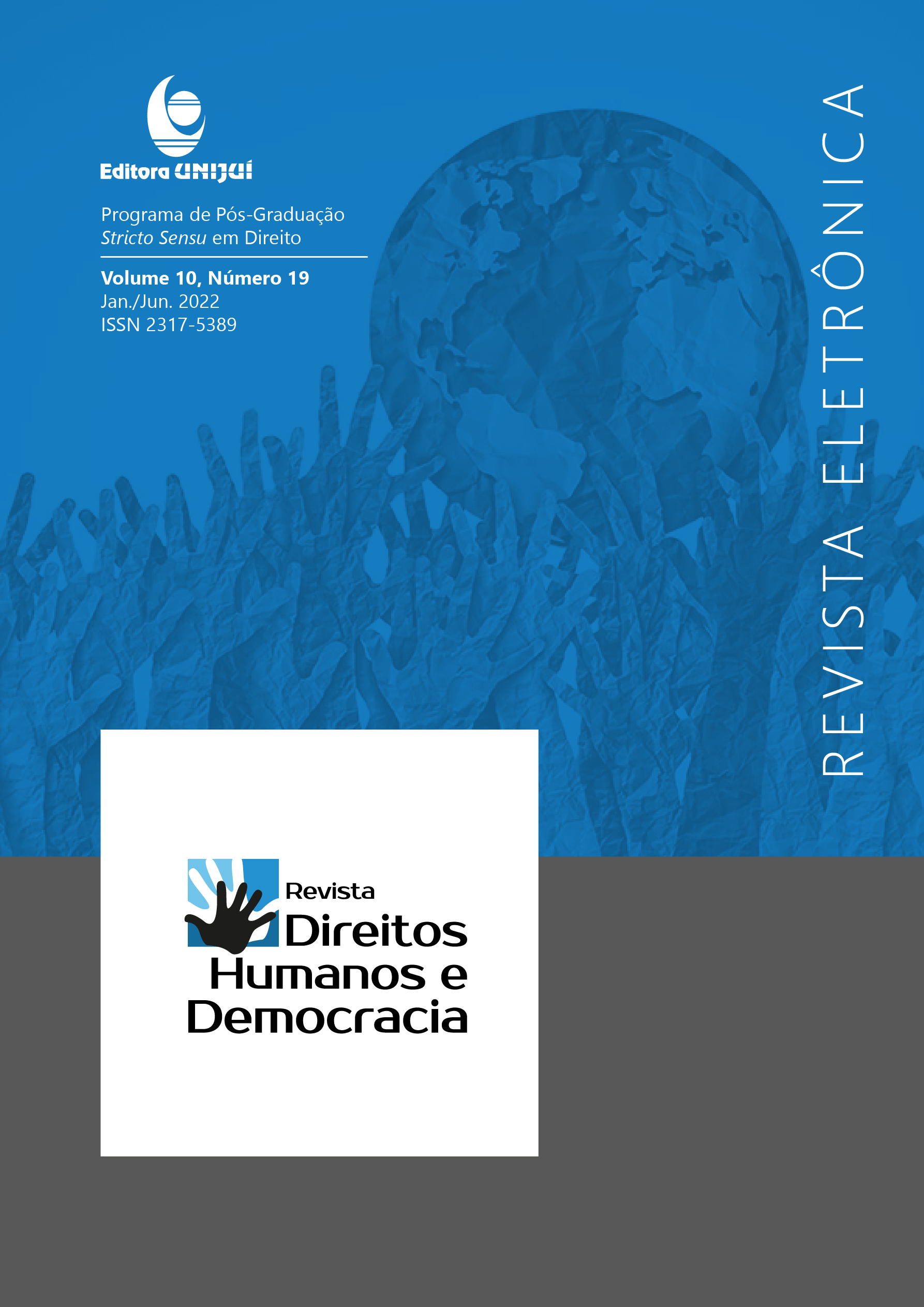The fundamental right to a healthy environment: The contribution of the carbon credits policy
DOI:
https://doi.org/10.21527/2317-5389.2022.19.13377Keywords:
Fundamental Rights. Environment. Kyoto Protocol. Carbon Credits.Abstract
The current stage of environmental degradation and the many externalities of the current development model, caused mainly by the emission of polluting gases, have been providing discussions in the various academic, social, political, economic and environmental circles, especially regarding the risks and threats in which concerns the guarantee and preservation of an ecologically balanced environment. Faced with this situation, numerous debates were held and several international documents were created, focusing on the growing importance of the quality and diversity of life and ecosystems. In the Brazilian case, it culminated in the approval of the text of the Federal Constitution of 1998, contemplating the right to a balanced environment, in its art. 225, as a fundamental right. In this context, the present research analyzes that, although it is not included in the specific title of fundamental rights, the right to a balanced environment is considered and equated as such. Discusses the need to implement this right and emphasizes that the pursuit of sustainable development is essential for the quality of life and maintenance of a healthy environment. Finally, the use of clean development mechanisms is analyzed, especially the commercialization of Carbon Credits, as a tool for the realization of the fundamental right to an ecologically balanced environment and the realization of sustainable societies.
Downloads
Published
How to Cite
Issue
Section
License
Copyright (c) 2022 Revista Direitos Humanos e Democracia

This work is licensed under a Creative Commons Attribution 4.0 International License.
By publishing in the Revista Direitos Humanos e Democracia, authors agree to the following terms:
Articles are licensed under the Creative Commons Atribuição 4.0 Internacional (CC BY 4.0), which allows:
Share — copy and redistribute the material in any medium or format;
Adapt — remix, transform, and build upon the material for any purpose, including commercial use.
These permissions are irrevocable, provided the following terms are respected:
Attribution — authors must be properly credited, with a link to the license and indication of any modifications made;
No additional restrictions — no legal or technological measures may be applied that restrict the use permitted by the license.
Notices:
The license does not apply to elements in the public domain or covered by legal exceptions.
The license does not grant all rights required for specific uses (e.g., image rights, privacy, or moral rights).
The journal is not responsible for opinions expressed in the articles, which remain the sole responsibility of the authors. The Editor, with the support of the Editorial Committee, reserves the right to suggest or request modifications when necessary.
Only original scientific articles presenting research results of interest, not previously published or simultaneously submitted to another journal with the same purpose, will be accepted.
References to trademarks or specific products are intended solely for identification purposes and do not imply any promotional endorsement by the authors or the journal.
License Agreement: Authors retain copyright over their articles and grant the Revista Direitos Humanos e Democracia the right of first publication.













